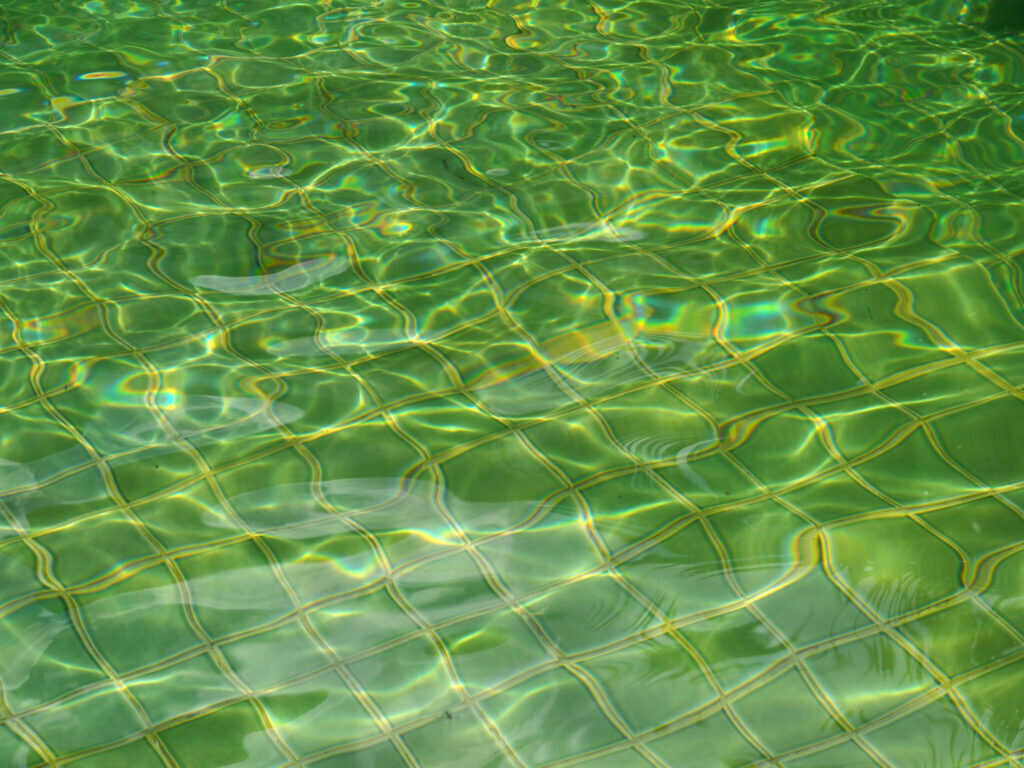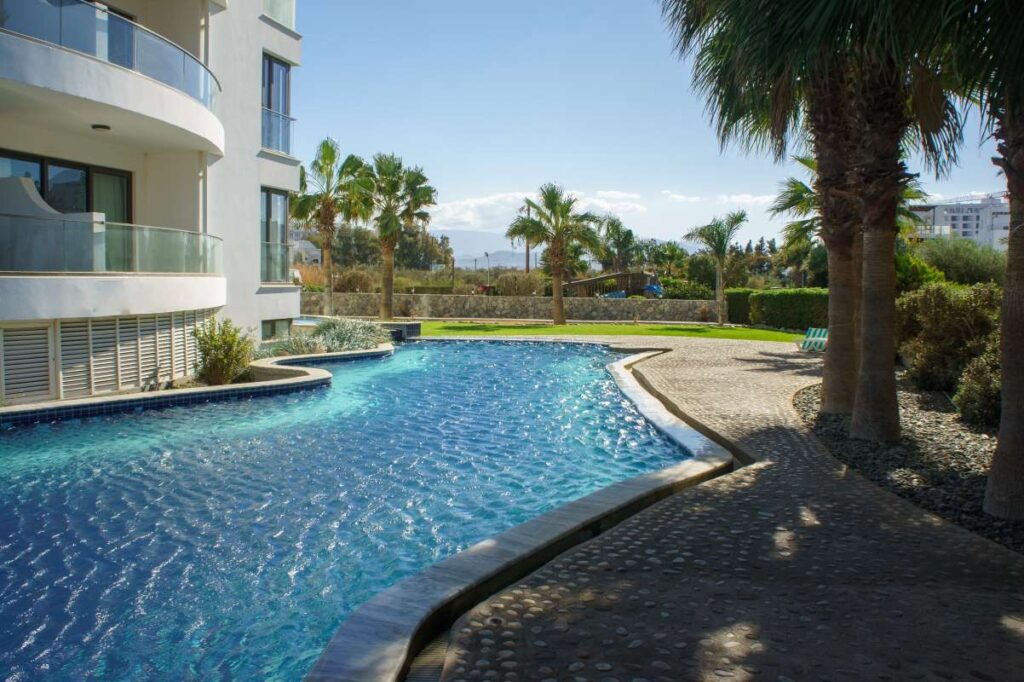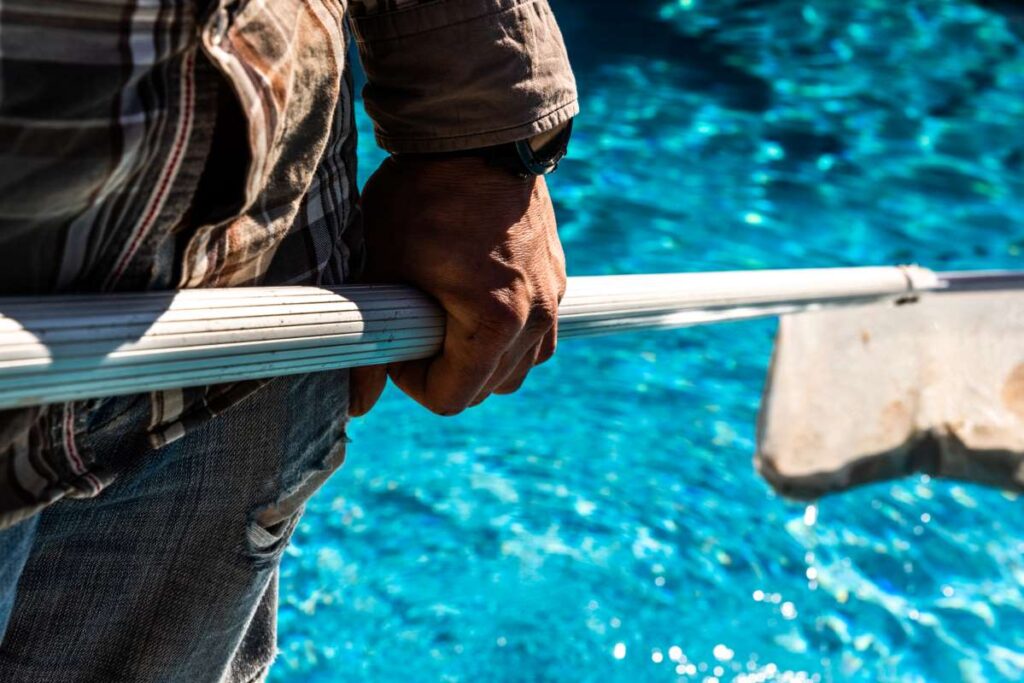Pool Routes for Sale – How Algae Affects Pool Health and How to Combat It
Maintaining a clean and healthy pool is crucial for both enjoyment and safety. However, algae growth can quickly turn your sparkling pool into an unsightly and potentially harmful mess. In this blog post, we'll explore how algae affects pool health and provide effective strategies to combat it. Whether you're managing a pool route or considering buying a pool route, understanding algae control is essential for maintaining customer satisfaction and pool quality.
The Impact of Algae on Pool Health
Algae, though seemingly harmless, can pose significant health risks. Not only can it make pool surfaces slippery and hazardous, but certain types of algae can also harbor harmful bacteria. This can lead to infections or irritations for swimmers. For those managing pool routes for sale, ensuring pools are algae-free can be a major selling point.
Types of Algae and Their Treatments
-
Green Algae
- Characteristics: Common and fast-growing, it turns water green and cloudy.
- Treatment: Most green algae can be effectively killed using chlorine. Regular shock treatments and maintaining proper chlorine levels can prevent its growth.
-
Yellow (Mustard) Algae
- Characteristics: Clings to walls and floors, often resistant to chlorine.
- Treatment: Requires a more robust approach. Sodium bromide is often used to treat yellow algae effectively. Persistent cases may need a combination of shock treatments and algaecides.
-
Black Algae
- Characteristics: Forms in cracks and crevices, has a tough outer layer that makes it resistant to many treatments.
- Treatment: This type of algae is particularly stubborn. Copper-based algaecides are often necessary to penetrate its protective layers. Scrubbing affected areas and ensuring the chemical reaches the root of the growth is crucial.
Preventing Algae Growth
Prevention is always better than cure. For those managing or buying pool routes, implementing these strategies can ensure long-term pool health:
- Regular Cleaning: Brush and vacuum pools regularly to remove any potential algae spores.
- Proper Filtration: Ensure the pool’s filtration system is running efficiently to remove organic matter that algae thrive on.
- Chemical Balance: Maintain appropriate chemical levels, including pH, chlorine, and alkalinity. Regular testing and adjustment are key.
Conclusion and Call to Action
Combatting algae is essential for maintaining pool health and safety. Whether you're a pool service provider or looking to buy a pool route, understanding these strategies can help you keep pools in top condition. If you're interested in learning more about managing pool routes for sale or enhancing your current pool service business, contact us today.



